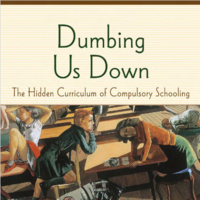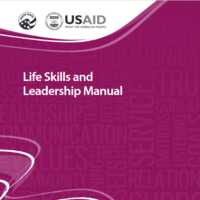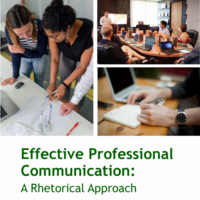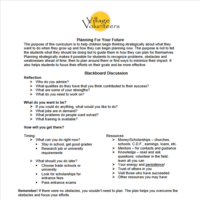Search
Books+
Searching 1,73 books
Search related to the career Career Counselor
Developing Interpersonal Skills for a Career Counseling Role
1. Active Listening:
Developing active listening skills is crucial for a career counselor. It involves fully focusing on and understanding what the client is saying. Practice the following techniques:
- Maintain eye contact and use appropriate body language.
- Avoid interrupting or finishing the client's sentences.
- Paraphrase and summarize the client's statements to ensure understanding.
2. Empathy:
Empathy allows career counselors to understand and share the feelings of their clients. It helps build trust and rapport. Consider the following:
- Put yourself in the client's shoes and try to understand their perspective.
- Show genuine concern and validate their emotions.
- Use reflective statements to convey empathy.
3. Effective Communication:
Being able to communicate clearly and effectively is essential for a career counselor. Consider the following tips:
- Use simple and concise language to avoid confusion.
- Ask open-ended questions to encourage clients to express themselves.
- Use appropriate tone and volume to convey your message effectively.
4. Problem-Solving:
Career counselors often help clients navigate challenges and find solutions. Enhance your problem-solving skills with these strategies:
- Analyze problems objectively and break them down into manageable parts.
- Encourage clients to brainstorm potential solutions.
- Help clients evaluate the pros and cons of each option.
5. Cultural Sensitivity:
Being culturally sensitive is important when working with diverse clients. Consider the following:
- Educate yourself about different cultures, beliefs, and values.
- Avoid making assumptions or generalizations based on stereotypes.
- Respect and appreciate cultural differences.
6. Building Rapport:
Building a strong rapport with clients is crucial for effective career counseling. Consider these techniques:
- Create a warm and welcoming environment.
- Show genuine interest in the client's goals and aspirations.
- Establish trust and confidentiality.
7. Emotional Intelligence:
Developing emotional intelligence helps career counselors understand and manage their own emotions and those of their clients. Consider the following:
- Recognize and regulate your own emotions to remain calm and composed.
- Understand how emotions can influence career decisions.
- Help clients explore and understand their own emotions.
8. Nonverbal Communication:
Nonverbal cues can convey important messages. Pay attention to the following aspects:
- Maintain appropriate eye contact.
- Use facial expressions and gestures to show attentiveness.
- Be mindful of your body language to ensure it conveys openness and warmth.
9. Conflict Resolution:
Conflict can arise during career counseling sessions. Develop skills to handle conflicts effectively:
- Remain neutral and unbiased.
- Encourage open dialogue and active listening.
- Help clients find common ground and work towards a resolution.
10. Continuous Learning:
Interpersonal skills can always be improved. Engage in continuous learning and professional development:
- Attend workshops, seminars, or conferences related to career counseling.
- Seek feedback from clients and colleagues to identify areas for improvement.
- Stay updated with the latest research and best practices in the field.
Remember, developing interpersonal skills is an ongoing process. Regular practice, self-reflection, and feedback will help you excel in your career counseling role.
Source: Various AI tools
Vocational skills
Searched in English.


















